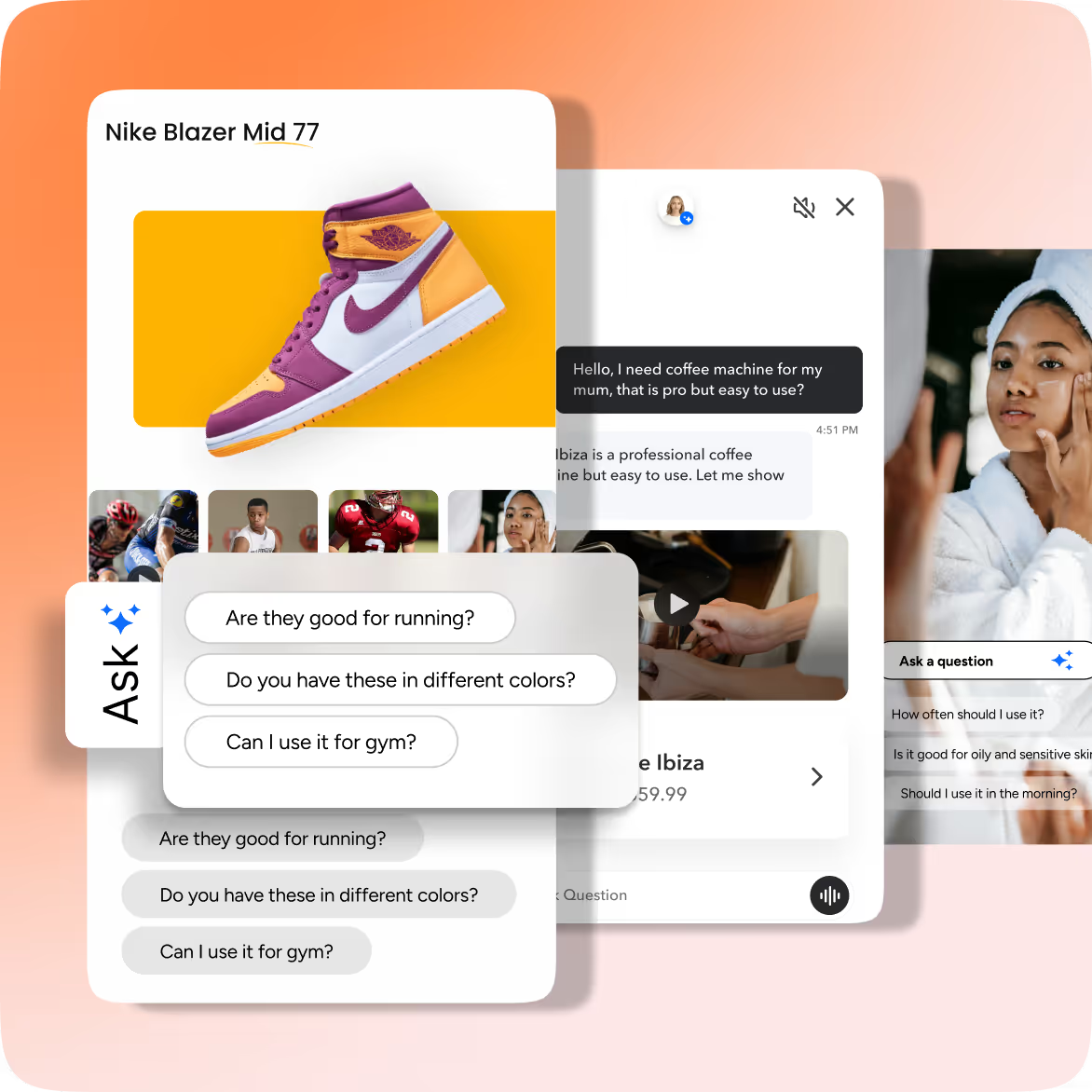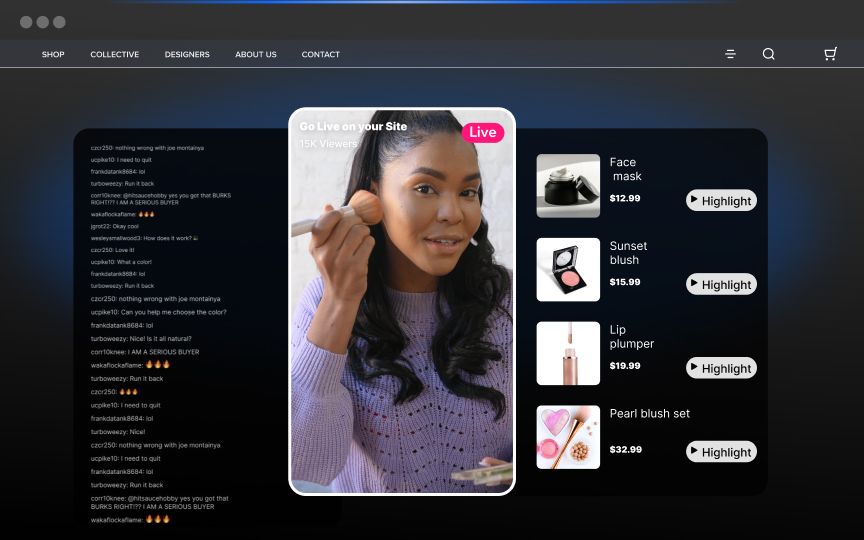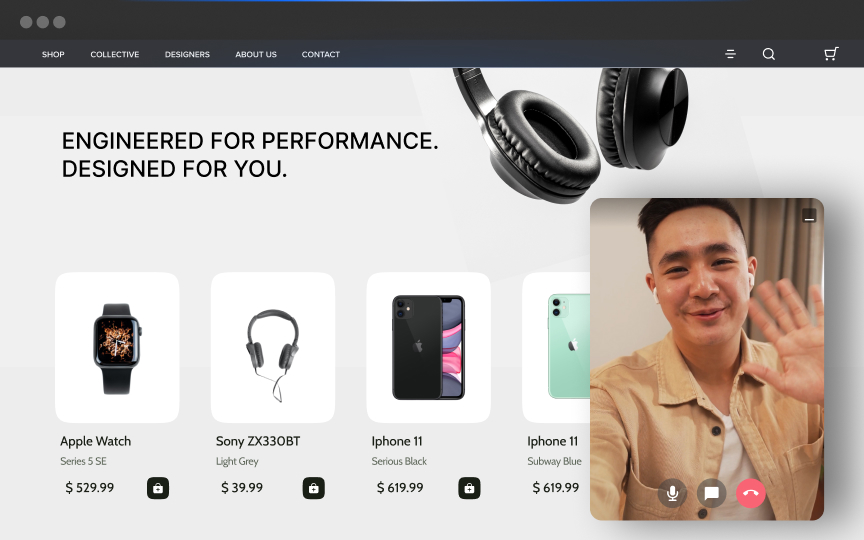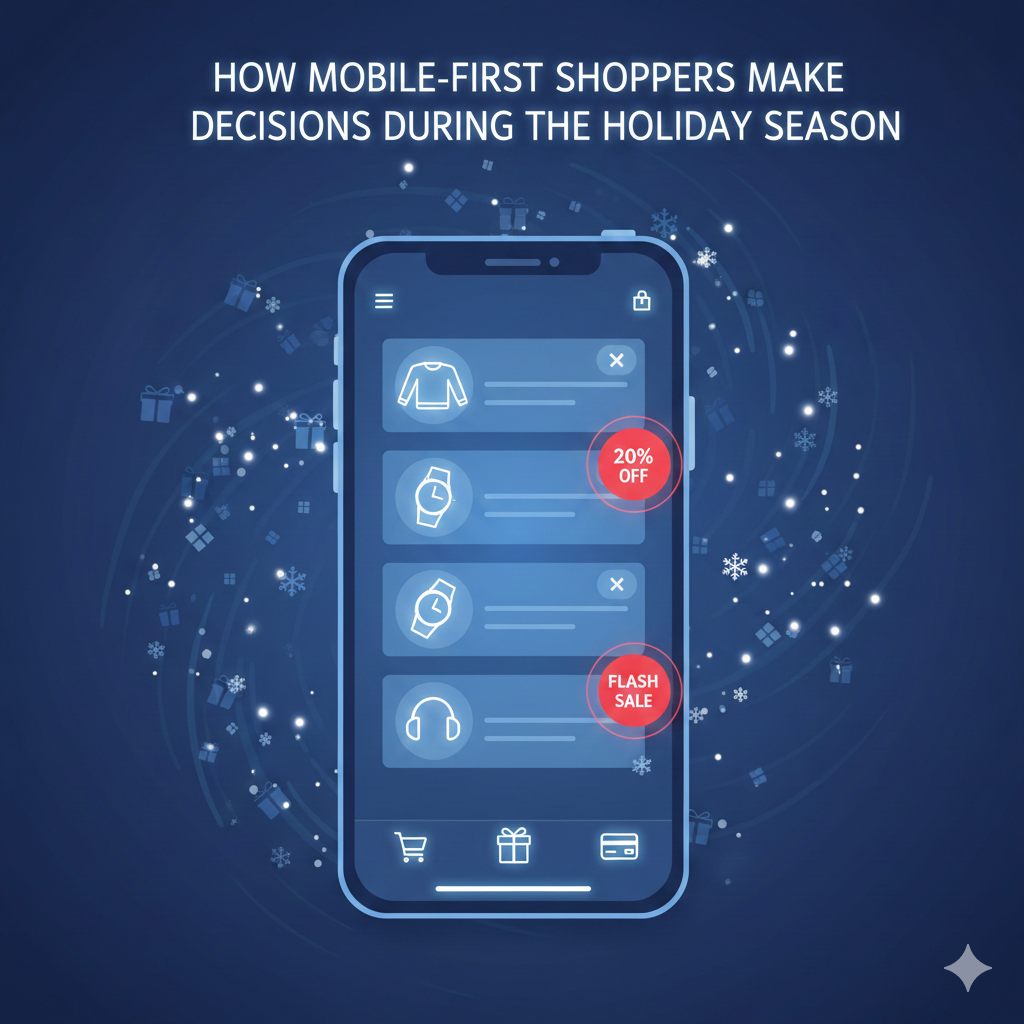An ecommerce marketing calendar is an essential tool for planning promotions, campaigns, and content in advance. It helps businesses stay organized and take advantage of key dates throughout the year.
In this guide, we’ll dive into how to create an effective ecommerce marketing calendar and why it’s crucial for success.
What Is an Ecommerce Marketing Calendar?
An ecommerce marketing calendar is a strategic roadmap that helps you plan and organize your online store's promotional activities throughout the year. It serves as a centralized hub for scheduling campaigns, managing content creation, and ensuring consistent communication with your customers.
A well-structured marketing calendar is vital for a successful ecommerce business, but how do you create one? Let’s break it down.
1. How to Create an Ecommerce Marketing Calendar
Creating an effective ecommerce marketing calendar involves a systematic approach that ensures your promotional activities are aligned with your business objectives and executed efficiently. Here are the key steps to follow:
Identify Key Dates
- Seasonal Trends: Analyze your historical sales data to identify peak seasons and plan your marketing efforts accordingly. For example, if your product is related to summer activities, increase your marketing efforts during the warmer months.
- Major Holidays: Incorporate major holidays, such as Christmas, Easter, and Independence Day, into your ecommerce marketing calendar to capitalize on increased consumer spending.
- Sales Events: Plan around industry-specific sales events, such as Black Friday, Cyber Monday, and Prime Day, to maximize your reach and drive sales.
Set SMART Goals
- Specific: Clearly define your marketing objectives, such as increasing website traffic, improving conversion rates, or boosting customer loyalty.
- Measurable: Set quantifiable targets for each goal, such as increasing sales by 20% or achieving a 5% conversion rate.
- Achievable: Ensure your goals are realistic and attainable based on your resources and market conditions.
- Relevant: Align your goals with your overall business strategy and long-term objectives.
- Time-bound: Set specific deadlines for each goal to track progress and stay accountable.
Plan Content in Advance
- Content Creation Timeline: Develop a detailed content calendar outlining the topics, formats, and publication dates for your blog posts, social media updates, email campaigns, and paid ads.
- Content Calendar: Use a content calendar to visualize your content creation schedule and ensure a steady flow of content throughout the year.
- Topic Ideation: Brainstorm engaging and relevant content ideas that align with your target audience's interests and address their pain points.
2. Key Dates and Events for Ecommerce Marketing
Your ecommerce marketing calendar should strategically incorporate key dates and events throughout the year to maximize your reach and drive sales. Here are some of the most significant opportunities to consider:
Black Friday and Cyber Monday
Black Friday and Cyber Monday, the two largest shopping events of the year, offer immense potential for boosting your sales. To make the most of these opportunities, plan your marketing campaigns well in advance, create compelling offers, and ensure your website can handle increased traffic.
Consider running targeted email campaigns, social media promotions, and paid advertising to reach your audience and drive them to your online store.
Valentine's Day
Valentine's Day is an excellent opportunity to promote products related to love, relationships, and gifting. Whether you sell jewelry, flowers, chocolates, or personalized items, create a targeted marketing campaign that resonates with your customers. Consider offering special discounts, limited-edition products, or romantic gift ideas to capture the attention of your audience.
Back-to-School Season
The back-to-school season presents a great opportunity to market educational supplies, clothing, and other related products.
Target your marketing efforts towards students, parents, and teachers by highlighting the benefits of your products and offering special deals or promotions. Consider partnering with schools or educational institutions to reach your target audience more effectively.
3. Tools to Help You Manage Your Marketing Calendar
There are various tools designed to make managing an ecommerce marketing calendar easier and more efficient.
To streamline your ecommerce marketing calendar management and ensure efficient execution, consider utilizing the following tools:
Google Calendar
Google Calendar is a versatile tool that can help you track deadlines, schedule campaigns, and manage collaboration with your team.
By integrating your ecommerce marketing calendar with Google Calendar, you can visualize your promotional activities alongside your personal and professional commitments, ensuring that everything stays on track.
Trello or Asana
Project management tools like Trello or Asana can be invaluable for organizing tasks, tracking progress, and collaborating with team members.
Create boards or projects to represent different aspects of your ecommerce marketing calendar, such as content creation, social media scheduling, and email campaigns. Assign tasks to team members, set deadlines, and monitor progress to ensure that everything is moving smoothly.
Hootsuite or Buffer
Social media scheduling tools like Hootsuite or Buffer can help you plan and schedule your social media posts in advance, ensuring that you're hitting key dates and maintaining a consistent presence on your chosen platforms. These tools also allow you to track your social media performance, analyze engagement metrics, and optimize your content strategy.
4. Aligning Your Marketing Calendar with Your Strategy
To ensure that your ecommerce marketing calendar effectively supports your overall business goals, it's essential to align it with your marketing strategy. Here's how to achieve this:
Ensure Consistency
- Unified Messaging: Ensure that your email marketing, social media campaigns, and content marketing efforts are aligned with your ecommerce marketing calendar to deliver a consistent message to your audience.
- Cross-Promotion: Promote your upcoming campaigns across multiple channels to maximize reach and engagement.
- Coordinated Efforts: Coordinate your marketing activities to avoid conflicting messages or overlapping campaigns.
Segment Your Audience
- Customer Data: Utilize customer data to segment your audience based on demographics, preferences, and purchasing behavior.
- Tailored Messaging: Create targeted marketing campaigns that address the specific needs and interests of each customer segment.
- Personalized Experiences: Deliver personalized experiences to your customers by tailoring your messaging and offers based on their individual preferences.
Measure and Adjust
- Key Performance Indicators (KPIs): Track relevant KPIs, such as website traffic, conversion rates, and customer engagement, to measure the effectiveness of your ecommerce marketing calendar.
- Data Analysis: Analyze your marketing data to identify trends, strengths, and weaknesses.
- Continuous Improvement: Use data insights to make informed decisions and adjust your ecommerce marketing calendar as needed to optimize your results.
5. Adapting Your Calendar to Market Changes
In the dynamic world of ecommerce, it's crucial to maintain flexibility in your ecommerce marketing calendar to adapt to unforeseen changes and capitalize on emerging opportunities.
Stay Agile
Be prepared to pivot your marketing campaigns based on market trends, economic shifts, or unexpected events. By staying agile, you can quickly adjust your strategies to address changing consumer behaviors and capitalize on emerging opportunities. For example, if a competitor launches a new product that disrupts the market, you may need to adjust your marketing efforts to differentiate your offerings and maintain your competitive edge.
Monitor Competitors
Keep a close eye on your competitors' marketing activities to identify trends, best practices, and potential threats.
By understanding your competitors' strategies, you can adjust your ecommerce marketing calendar to stay ahead of the curve and gain a competitive advantage.
For example, if you notice a competitor running a successful social media campaign, you might consider incorporating similar elements into your own strategy.
Use Customer Feedback
By incorporating customer feedback into your ecommerce marketing calendar, you can tailor your campaigns to address their specific concerns and improve customer satisfaction.
For example, if you receive negative feedback about a recent product launch, you might need to adjust your marketing messaging or offer a promotional discount to address customer concerns.
Why is an Ecommerce Marketing Calendar Important?
A well-planned ecommerce marketing calendar is a cornerstone of a successful online business, offering numerous benefits.
Better Time Management
By creating a structured ecommerce marketing calendar allows you to allocate your time and resources effectively, preventing missed opportunities and ensuring that your campaigns are executed flawlessly.
Increased Sales Opportunities
By planning your marketing activities in advance, you can ensure that you're well-positioned to maximize sales during these periods.
For example, if you know that Black Friday and Cyber Monday are significant sales drivers, you can plan targeted campaigns to attract customers and boost your revenue.
Improved Customer Engagement
A consistent ecommerce marketing calendar helps you maintain a consistent brand voice and messaging across all channels, fostering stronger relationships with your customers. By delivering relevant and timely content, you can keep your audience engaged and encourage repeat purchases.
Develop Your Own Ecommerce Marketing Calendar Today
At Firework, we help ecommerce businesses like yours take their marketing strategies to the next level. By leveraging our platform, you can create dynamic, data-driven campaigns that align perfectly with your ecommerce marketing calendar. Let’s work together to optimize your marketing efforts and boost your sales today!
FAQs
What should a marketing calendar include?
A comprehensive marketing calendar should include the following elements:
- Key dates and events: Identify important dates such as holidays, industry events, and sales periods.
- Goals and objectives: Clearly define your marketing goals and set measurable targets.
- Marketing activities: Outline the specific marketing activities you plan to undertake, such as content creation, social media campaigns, email marketing, and paid advertising.
- Deadlines and timelines: Set deadlines for each marketing activity to ensure timely execution.
- Budget allocation: Allocate your marketing budget to different activities based on their priorities and expected ROI.
- Tracking and measurement: Establish key performance indicators (KPIs) to track the success of your marketing efforts and make data-driven adjustments.
What is the 4 Peaks theory?
The 4 Peaks theory is a marketing strategy that suggests focusing on four key periods throughout the year to maximize sales and engagement. These peaks typically include the holiday season, back-to-school season, spring/summer, and fall/winter. By aligning your marketing efforts with these peak periods, you can increase your chances of success.
What is the difference between a content calendar and a marketing calendar?
A content calendar is a specific type of marketing calendar that focuses solely on content creation and publication. It outlines the topics, formats, and publication dates for your blog posts, social media updates, email campaigns, and other content assets. A marketing calendar, on the other hand, encompasses a broader range of marketing activities, including sales promotions, public relations, and event planning.
What is a 360 marketing calendar?
A 360 marketing calendar is a comprehensive plan that outlines your marketing activities across all channels and touchpoints. It takes into account your target audience, brand messaging, and key performance indicators. By creating a 360 marketing calendar, you can ensure that your marketing efforts are aligned and working together effectively.
See Firework’s Shoppable Video in action! Preview on your site - https://preview.firework.com/
Unlock Exclusive Insights
By submitting this form, you agree to Firework's privacy policy and consent to receive personalized marketing communications. You can unsubscribe at any time.




























